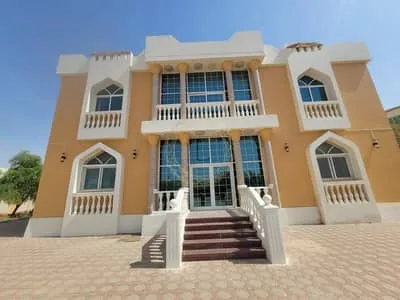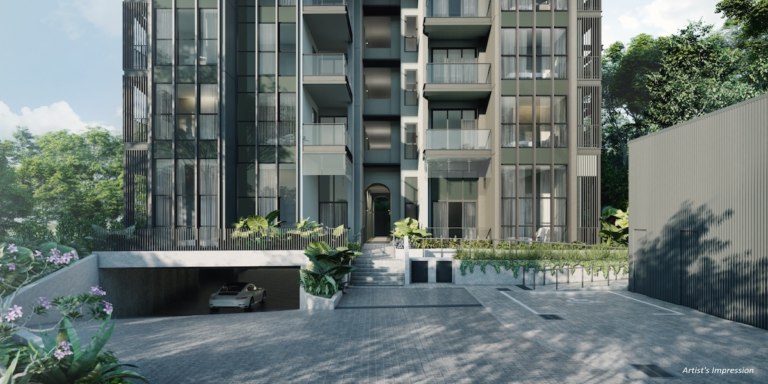Signs It’s Time to Replace Your Old AC with a New Installation
Summers are brutal, humid, sticky and no fun without a reliable air conditioner. If your old unit is struggling to keep up, making weird noises or jacking up your energy bills, it might be time to think about a replacement. Don’t stress, air conditioner installation doesn’t have to be a headache.
This guide walks you through the signs it’s time to upgrade, what to look for in a new system, and how to make the process smooth. Whether you’re in a cozy condo or a big family home, HVAC pros can point you in the right direction. Let’s start by figuring out when it’s time to say goodbye to your old AC.
When to Replace Your Air Conditioner
How do you know your AC is ready for retirement? It’s not always obvious, but there are some telltale signs. If your unit is over 10–15 years old, it’s probably less efficient than newer models, costing you more to run. Weird noises like grinding or rattling, are another red flag, hinting at worn-out parts. And if your home feels like a patchwork of hot and cold spots, your AC might not be up to the job anymore. Think of it like an old car, you can keep patching it up, but at some point, a new one just makes sense.
Energy bills creeping up? That’s a big clue. Older units often have low SEER ratings (Seasonal Energy Efficiency Ratio), meaning they guzzle energy to cool your home. Replacing your air conditioner can slash those costs, especially with modern, high-efficiency models. If repairs are becoming a regular thing, like more than once a season it’s time to weigh the cost of fixing versus upgrading. Curious about what a new system could do for you? Let’s look at your options.
Types of Air Conditioners for Your Home
Choosing a new air conditioner is a bit like picking the right jacket for Toronto’s weather, you want something that fits your needs and feels good. The right system depends on your home’s size, layout, and lifestyle. For smaller spaces like condos, a ductless mini-split is a great pick: it’s flexible, doesn’t need ductwork, and cools specific zones efficiently. Larger homes often lean toward central air conditioners, which pump cool air through ducts to every room. There are also portable units for temporary needs, though they are less powerful.
Efficiency matters too. Look for units with high SEER ratings, think of them like a car’s fuel efficiency. A 16 SEER unit, for instance, uses way less energy than an old 10 SEER model, saving you money all summer. Smart thermostats are a nice bonus, letting you tweak the temp from your phone when you’re running late. Not sure what’s best for your space? A quick chat with a local pro can clear things up. Next, let’s talk about why hiring an expert for installation is a game-changer.
Why Hire a Pro for Air Conditioner Installation
Installing an air conditioner isn’t like setting up a new TV, it’s more like assembling a complex puzzle. A professional installer makes sure every piece fits perfectly, from sizing the unit to your home’s square footage to securing electrical connections. Get it wrong, and you are looking at uneven cooling, higher bills, or even safety issues like refrigerant leaks. It’s like baking a cake: skip a step, and the whole thing flops. Pros, like those at HVAC Near Me, know the ins and outs, ensuring your system runs smoothly from day one.
A good installer also saves you time and stress. They handle permits, test the system for leaks, and make sure everything’s up to code. Most jobs take 4–8 hours, depending on your home’s setup. Plus, they’ll share tips for keeping your AC in top shape, like swapping out filters regularly. Want to make the process even easier? Let’s cover some ways to prep your home for a hassle-free install.
How to Prepare for a Smooth Installation
Getting ready for air conditioner installation is simpler than you might think, think of it like tidying up before a guest arrives. Start by clearing a path for the technicians. Move furniture, rugs, or anything else near where the indoor or outdoor unit will go. If you’ve got pets or kids, keep them out of the work zone for safety. Outside, trimming any bushes or plants around the spot where the outdoor unit will sit about two feet of clearance is ideal.
Ask your installer for a prep checklist ahead of time to avoid surprises. Some companies offer free guides to walk you through it. It’s also smart to talk about your home’s specifics, like whether you have existing ductwork or need new wiring. A little prep goes a long way toward making the install quick and stress-free. Got lingering questions? Let’s tackle the big ones next.
READ MORE : Invoice Financing vs Traditional Business Loans
Common Questions About Air Conditioner Replacement
Replacing your air conditioner can stir up a bunch of “what ifs.” Let’s clear the air.
How much does it cost? Prices vary based on the unit and your home’s setup, but expect to budget for both the system and installation, anywhere from a few thousand bucks up.
How long does installation take? Most jobs wrap up in 4–8 hours, though complex setups might need a bit more time.
Will I need to redo my whole house? Usually not, just some minor tweaks like clearing space or updating wiring.
Wondering about maintenance? New units are low-maintenance, but changing filters every 1–3 months keeps them running efficiently.
Worried about picking the right system? A good installer will guide you based on your home’s needs. If you’re curious about energy-saving tips or financing options, just ask your contractor if they are here to help. Ready to take the next step? Here’s how to get started.
A new air conditioner can turn your Toronto summer from sweaty to downright pleasant. By spotting the signs it’s time to replace your old unit and choosing a system that fits your home, you are setting yourself up for cooler days and lower energy bills. Professional air conditioner installation seals the deal, ensuring everything runs like a dream. Don’t let a tired AC drag you down and take charge of your comfort.
Reach out to local experts like HVAC Near Me to explore your options. Your cooler, comfier home is closer than you think.







